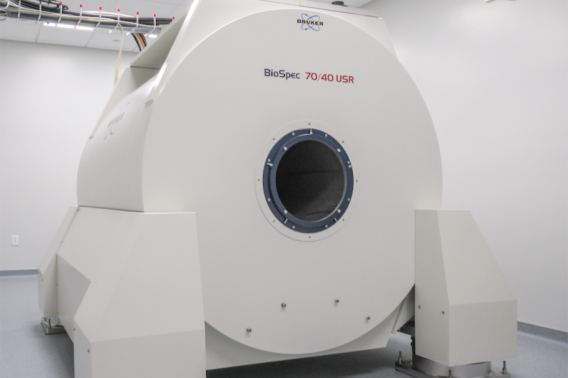Image

Birgitt Schuele
Associate Professor (Research) of Pathology and, by courtesy, of Neurology and Neurological Sciences
Birgitt Schüle, MD, is an Associate Professor in the Department of Pathology at Stanford University School of Medicine. Her research focuses on medical genetics and stem cell modeling to uncover disease mechanisms and pathways involved in neurodegeneration in Parkinson's disease and related disorders. She is dedicated to developing novel therapeutic strategies that contribute to the advancement of precision medicine.
Dr. Schüle obtained her medical training from the Georg-August University Göttingen and Medical University Lübeck, Germany, between 1993 and 2001. She earned her doctoral degree in medicine (Dr. med.) in neurophysiology from the Georg-August University Göttingen in 2001. During her neurology internship from 2001 to 2002 at the Medical University of Lübeck under the guidance of Prof. Christine Klein. Subsequently, she pursued a postdoctoral fellowship in human genetics with Prof. Uta Francke at Stanford University School of Medicine from 2003 to 2005.
From 2005 to 2019, Dr. Schüle demonstrated leadership in spearheading critical clinical research programs and establishing essential biospecimen repositories for neurogenetics, translational stem cell research, and brain donation at the Parkinson's Institute and Clinical Center.
Dr. Schüle serves as the Associate Core Leader, Neuropathology, within the Stanford Alzheimer Research Center (ADRC). Her contributions to ADRC include the establishment of Stem Cell Program that supports a human induced pluripotent stem cell and post-mortem leptomeninges tissue bank. These resources are shared with repositories at the National Institutes of Health (NIH), facilitating collaborative research and advancing our understanding of neurodegenerative diseases.
Dr. Schüle's expertise and dedication in the field of neurodegeneration contribute significantly to the advancement of medical knowledge. She is recognized as a respected member of the scientific community, playing an important role in the pursuit of effective treatments and precision medicine approaches.
Dr. Schüle obtained her medical training from the Georg-August University Göttingen and Medical University Lübeck, Germany, between 1993 and 2001. She earned her doctoral degree in medicine (Dr. med.) in neurophysiology from the Georg-August University Göttingen in 2001. During her neurology internship from 2001 to 2002 at the Medical University of Lübeck under the guidance of Prof. Christine Klein. Subsequently, she pursued a postdoctoral fellowship in human genetics with Prof. Uta Francke at Stanford University School of Medicine from 2003 to 2005.
From 2005 to 2019, Dr. Schüle demonstrated leadership in spearheading critical clinical research programs and establishing essential biospecimen repositories for neurogenetics, translational stem cell research, and brain donation at the Parkinson's Institute and Clinical Center.
Dr. Schüle serves as the Associate Core Leader, Neuropathology, within the Stanford Alzheimer Research Center (ADRC). Her contributions to ADRC include the establishment of Stem Cell Program that supports a human induced pluripotent stem cell and post-mortem leptomeninges tissue bank. These resources are shared with repositories at the National Institutes of Health (NIH), facilitating collaborative research and advancing our understanding of neurodegenerative diseases.
Dr. Schüle's expertise and dedication in the field of neurodegeneration contribute significantly to the advancement of medical knowledge. She is recognized as a respected member of the scientific community, playing an important role in the pursuit of effective treatments and precision medicine approaches.


